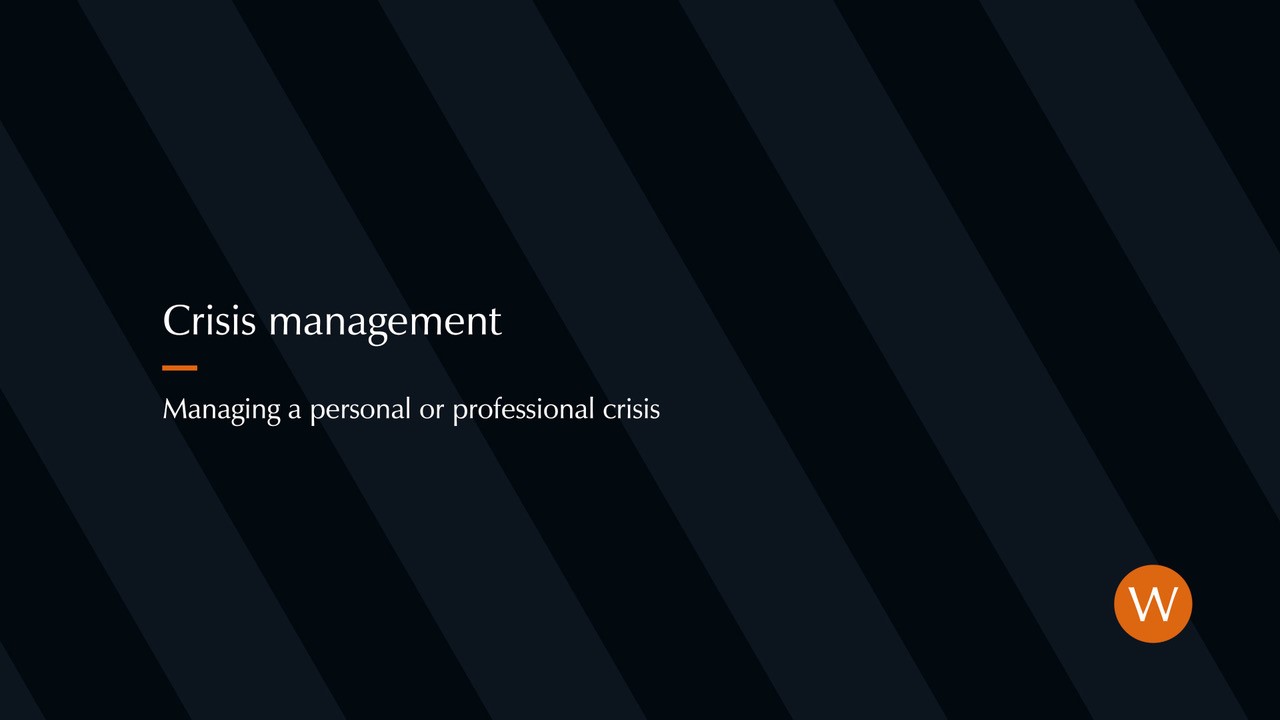
[Amman Khan]
A crisis is an impactful time-critical, unexpected situation. Basically, you might be involved in a professional conduct situation at work, you may be involved in an internal investigation, there may be situations where your business is not doing well or struggling, and your stakeholders are questioning your ability to lead or your ability to make decisions. It might involve the destruction of personal or professional relationships or some type of personal crisis. Either way, it is a severe and far-reaching situation.
[Jo Sanders]
When you are facing a crisis, it can really feel like everything is escalating beyond your control and we've seen some incredibly skilled leaders and really successful businesses still find that being in that crisis situation is a very uncomfortable place to be. No matter what your position, it's very unlikely that you're going to have all of the answers. After all, we all hope that a crisis is a once in a lifetime or a once in a career situation. But, you know, we've probably seen something quite similar before and worked through it with our clients.
[Joseph Chu]
Each crisis will require a different approach and how you respond can be the difference between remedies and ruin. You need clarity to assess the situation objectively and you need support from the right people to put together a strategy that gives clear guidance on your next steps.
[Shashi Nathan]
In any crisis situation, it is imperative that one seeks advice as soon as possible. We can provide a tailored plan for your unique situation, bringing together experts and professionals from across all areas of crisis management to help you respond appropriately and this will mitigate any immediate or future risk to find a swift resolution. Knowing what steps to take is also key to managing any crisis and this will vastly improve your chances of coming away with your business, your brand, career and reputation intact.
Withers | Providing clarity in crisis
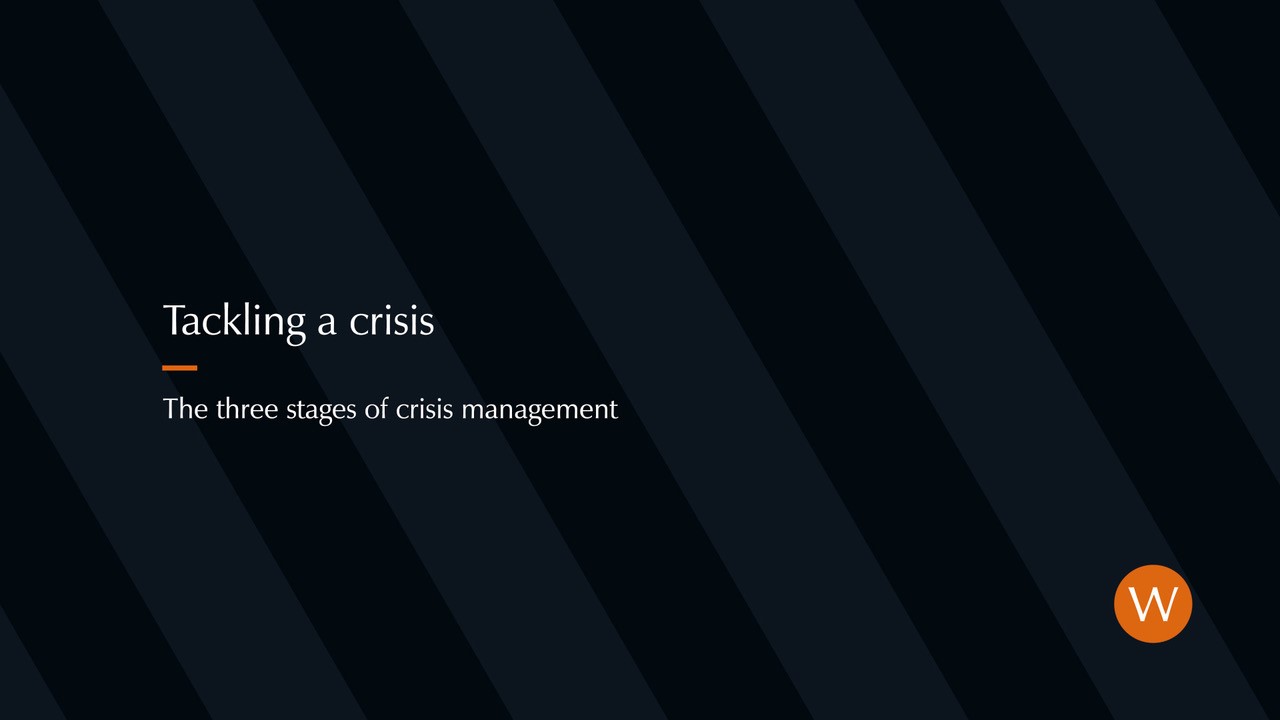
[Stephen Ross]
Business or personal crisis can happen to anyone, anywhere, at any time. But often how you tackle the situation is more important than the crisis itself. There are three stages to crisis management: response and recovery, evaluation and prevention. Understanding what you do in each situation can help you mitigate potential damage, but also put in place provisions to prevent future risk.
[Natalie Sherborn]
A crisis has the power to really seriously impact on you or your business's operations, its reputation and brand. The first 48 hours of a crisis are absolutely critical. It's really important to articulate a clear, coherent and accurate message. Once you've assessed the crisis and you've formulated your response plan, then you can start to think about what steps are necessary to best protect you, your business from further exposure. So that might be responding to malicious allegations or blackmail threat. It might be conducting an internal investigation or engaging with an external investigation. And of course, you might want to think about taking the lead and being the front runner in a dispute or some litigation. The quicker that you formulate your response plan, the better you are to overcome the crisis and best protect your reputation.
[Chenthil Kumarasingam]
Learning from a crisis can prevent similar situations arising in the future. What was the trigger? What were the key issues? Could anything have been done differently? Answering these questions can help you put provisions in place to mitigate future damage.
[Amber Melville-Brown]
The most important thing is to get your crisis management team on board as quickly as possible. That's your trusted advisers and your key stakeholders and decision makers who can implement the crisis management plan that we decide amongst us and can put out key messages to protect the organization and the individual's reputation in the event that a crisis does happen. Knowing the threats and opportunities out there is going to help you to deal with any crisis. So undertake a reputational audit or an online assessment so that you can know what information is out there in the public domain about you, about your organization, and about the issues that you may face.
[Stephen Ross]
No one knows when the crisis will strike, but seeking early advice is what you need to do to mitigate potential damage. But also help you find a swift resolution.
Withers | Providing clarity in crisis
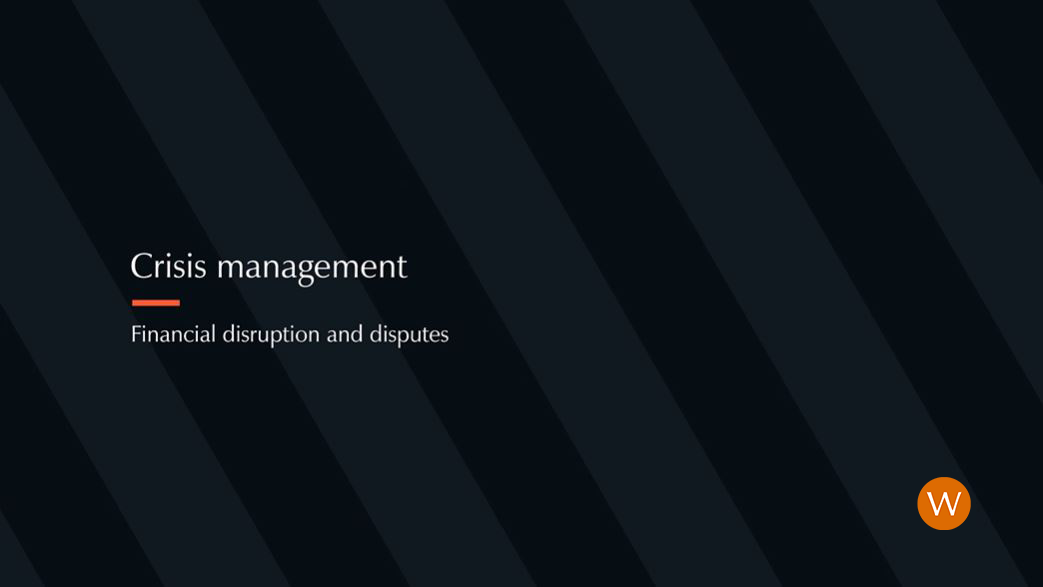
[Chris LaVigne]
We're experiencing a period of global disruption. This is particularly true in the financial markets and much of it's intentional, emerging FinTech businesses or challenging traditional financial models. Decentralized finance ecosystems are cutting out the middleman.
Digital assets are presenting significant but potentially volatile investment opportunities. And within this world of change comes inevitable risk and much of its unpredictable, but we can be prepared for it.
And any financial business could be impacted from high growth companies to long established financial institutions. And what can be a booming success one day can come crashing down overnight, causing major disruption in leaving businesses and investors in key stakeholders in a fight or flight moment.
[Shaun Leong]
When facing a financial crisis, you need to know that you are working with people who can offer commercial and pragmatic solutions, that your team knows your business and situation well, and can react and respond immediately when you find yourself in hot water.
And that's where we are at. Whether it's securing a worldwide injunction to freeze the seal of a rare nft, representing one of the world's largest digital asset marketplaces in court, or advising investors in the next major bank or cryptocurrency exchange, collapse. We have been there and succeeded.
[Henry Farris]
In these situations, time is of the essence. We will help you to respond quickly and decisively to protect your investment, your business, and your assets, where the worst has happened.
We will help put together a plan to deal with the crisis and that plan will set out a clear route to achieving the best outcome. So wherever you are in the world, we will help you deal with the crisis both locally and globally.
What situation are you facing?
Crises can take many forms, and each situation will be unique to you.
Understanding what you're facing is our first step to remedy and resolution.
Financial crisis
Getting into financial difficulty, such as insolvency or bankruptcy, can negatively impact personal and professional credibility. Many businesses and individuals experience financial challenges. Facing it head on is essential.
Professional conduct
Senior leaders can face severe consequences when professional conduct or credibility is questioned – investigation, unwanted media attention and breakdown of relationships. Understanding your options helps to mitigate risk.
Technology, cybersecurity and staying safe
Data is at the heart of most businesses. A data breach can significantly impact reputation, client confidence and financial stability, making cybersecurity a critical concern. Immediate action can prevent further damage.
Relationship breakdown
Maintaining positive relationships is essential, especially in business partnerships or family-run business. When things go wrong, there can be dramatic consequences. Take action early to secure your interests.
Media attention
Unwanted media attention or the publication of confidential information can significantly damage your reputation, impact your privacy and affect your professional position. If the worst should happen, seek advice immediately.
Leadership and boardroom challenges
Board members and executives can face intense scrutiny from regulators, investors, clients and the media, leading to personal and professional pressure. Working collaboratively can protect your business's reputation.
Situational crisis
Being caught up in a crisis outside of your control can significantly impact all areas of your life - your reputation, family, business and career. It requires careful navigation and management to resolve. Taking control of the situation is the first step to minimizing impact and protecting what's important.
Macroeconomic or geopolitical issues
Political, social and economic instability, natural disasters or human rights violations can all have a consequential impact on an organization's reputation, personnel and finances. A crisis management strategy will help you through unexpected issues.
Featured in
Insight
Clarity in crisis
Whether you're a business or individual, we offer clear advice and strategic solutions to help you deal with any crisis situation.




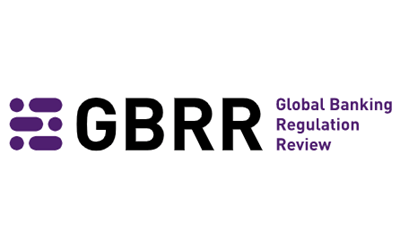





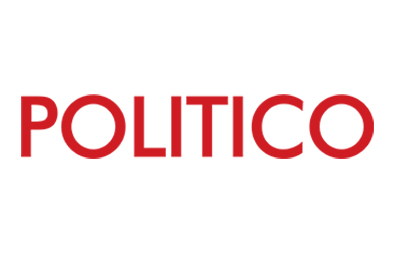











.png?lang=en-GB&ext=.png)


